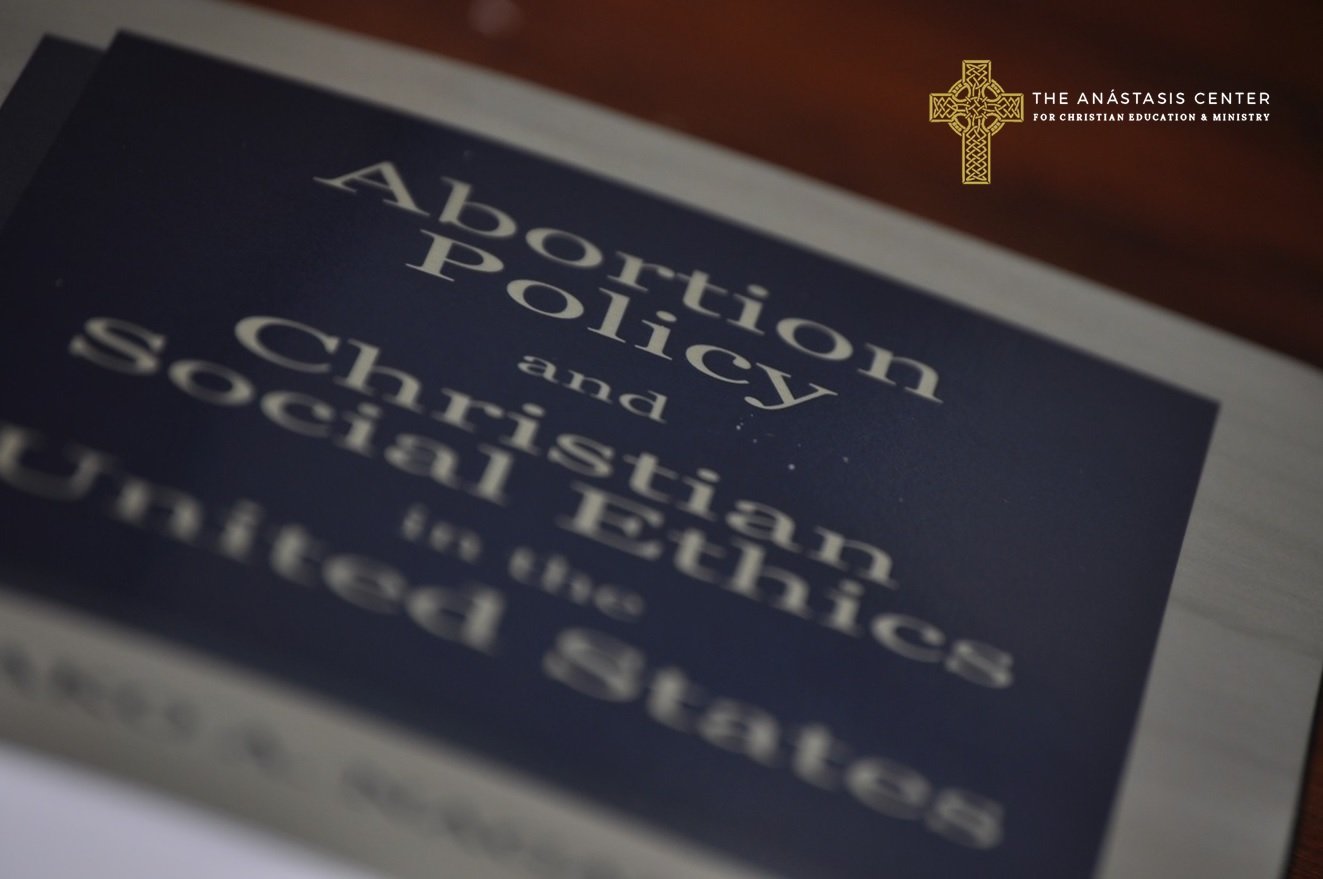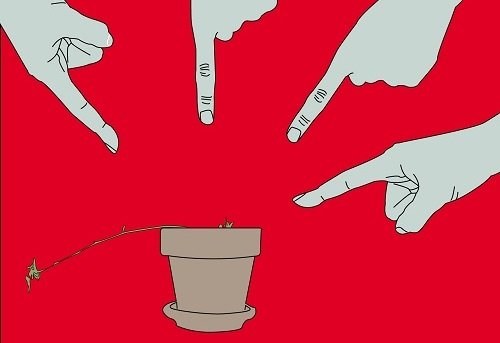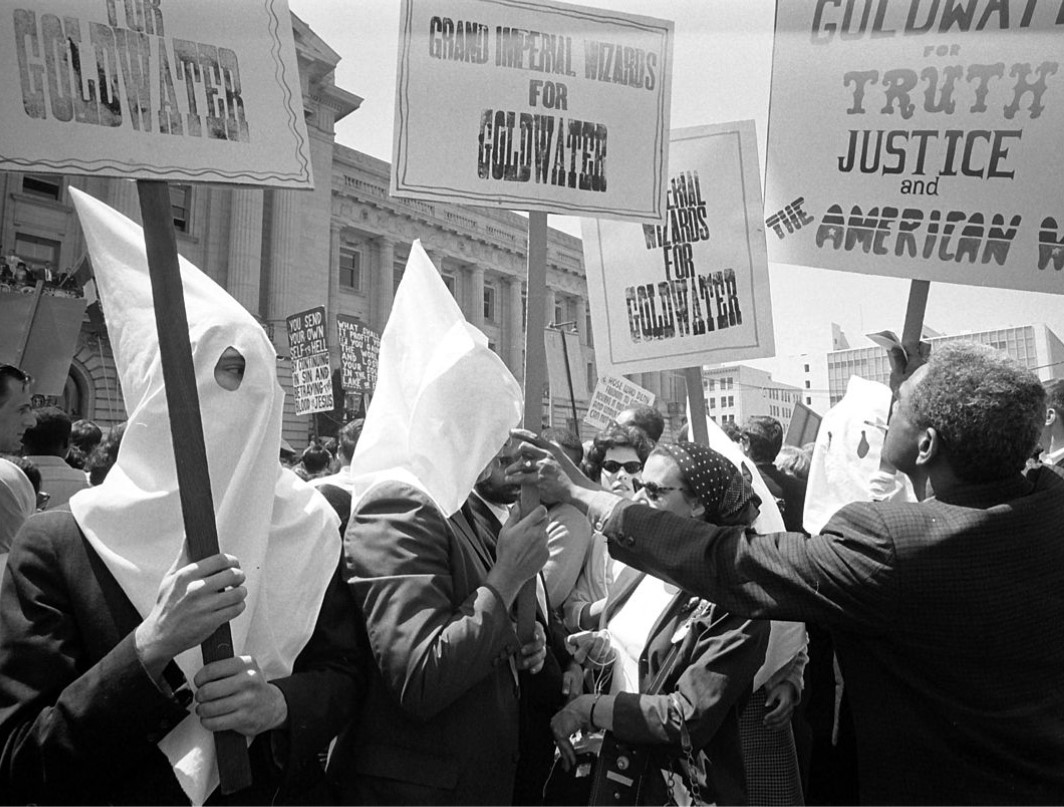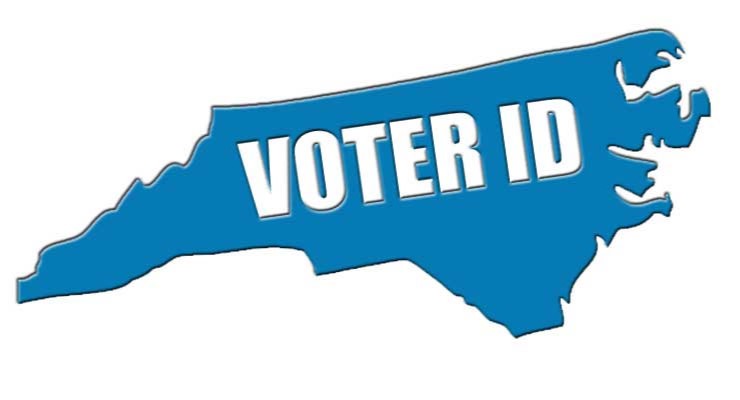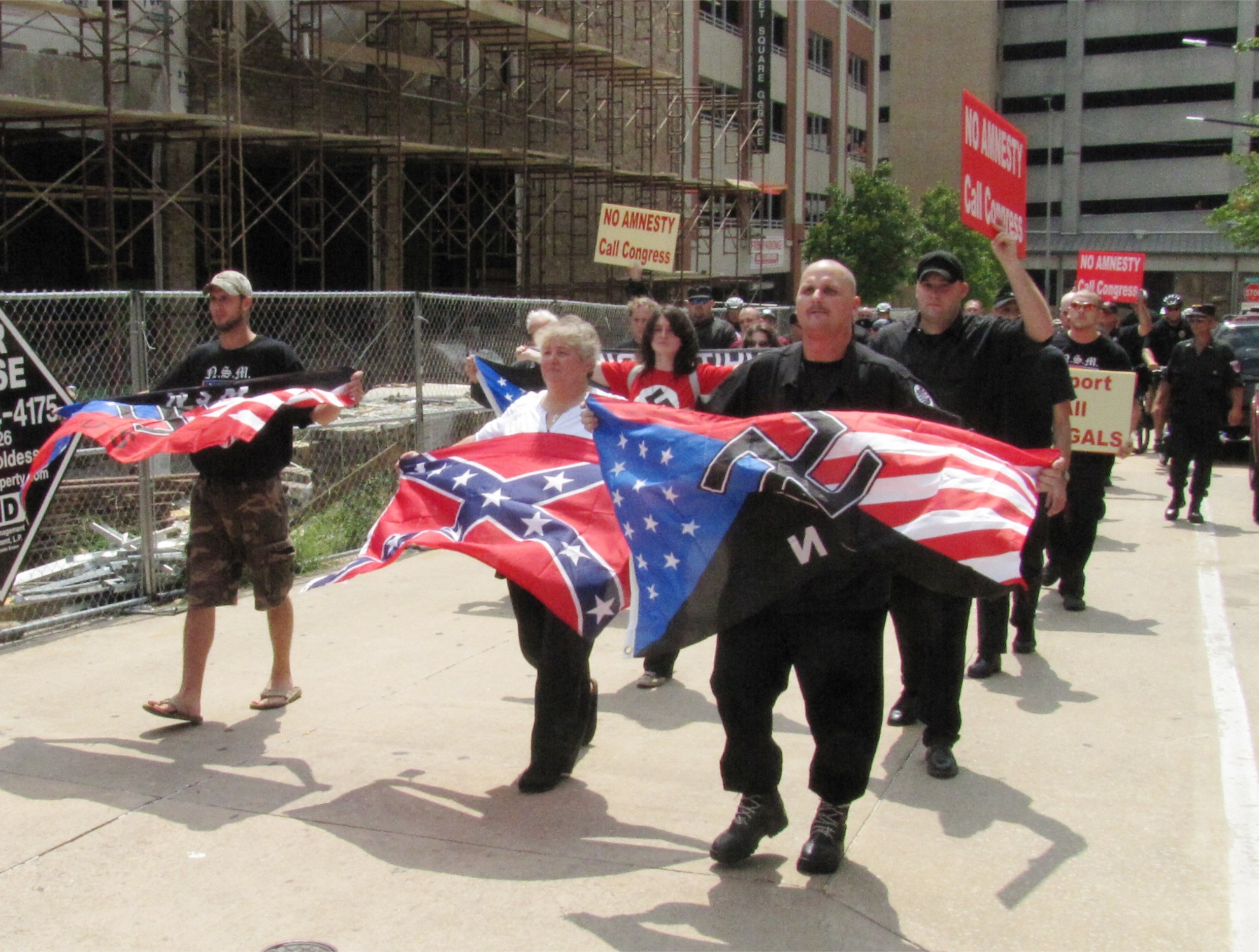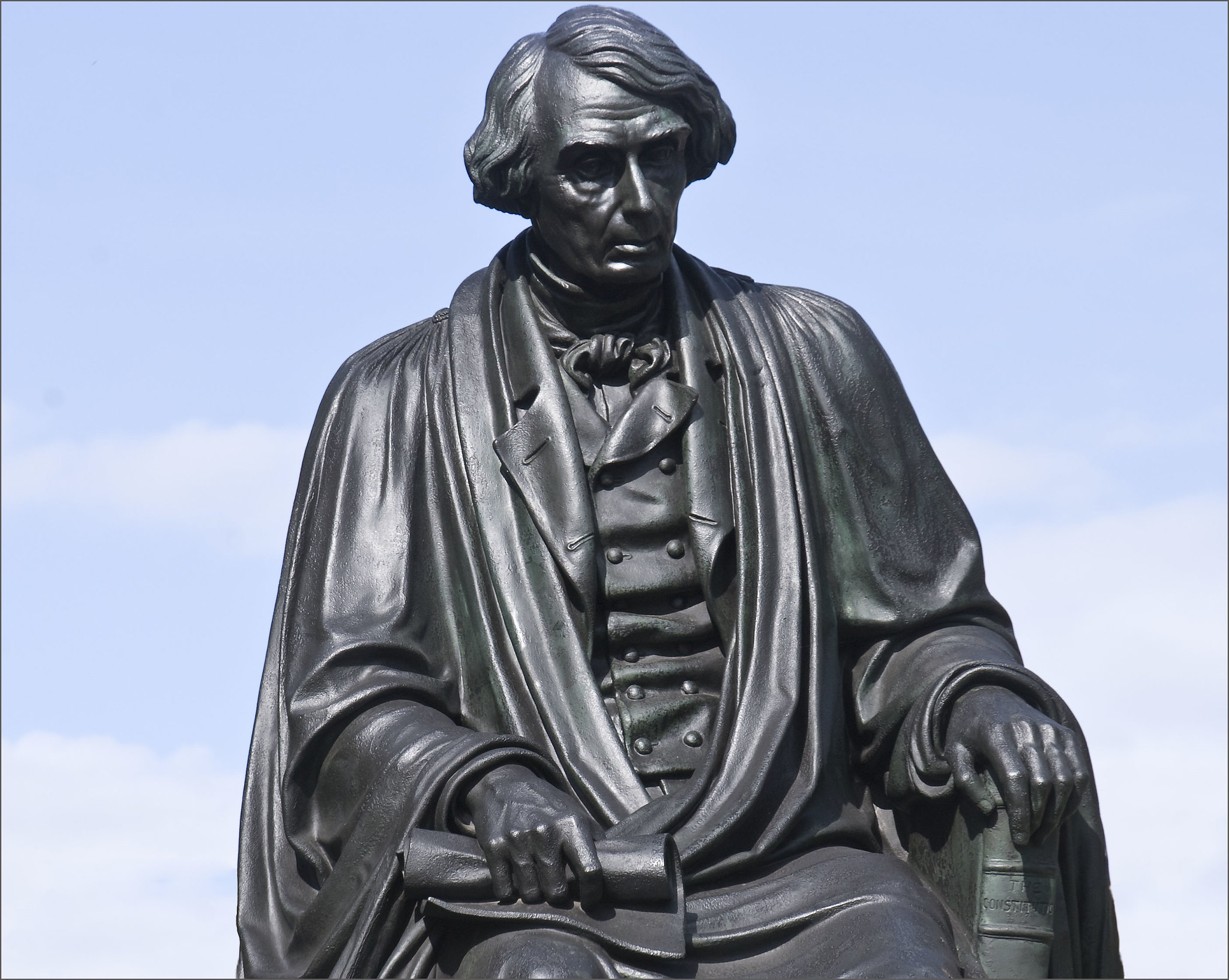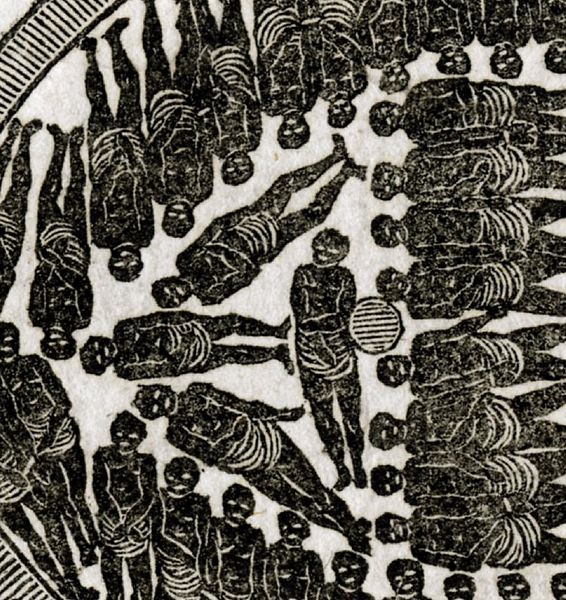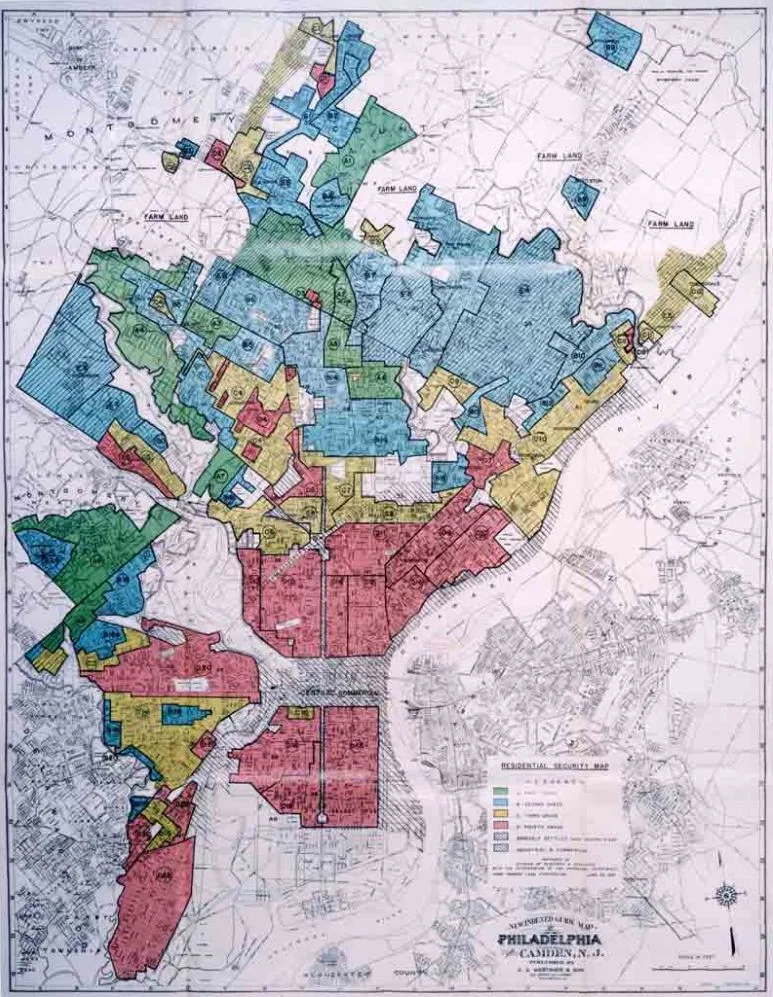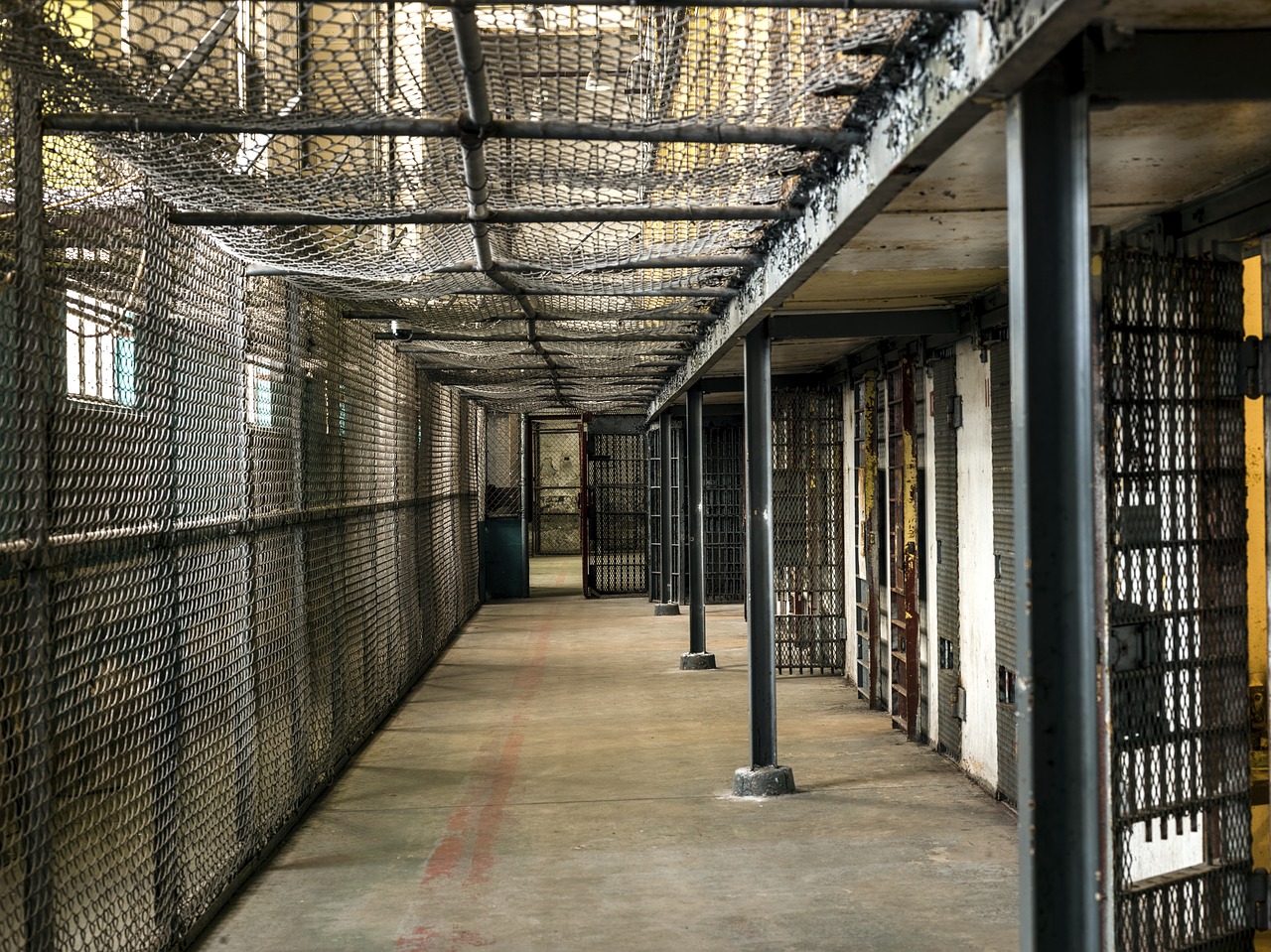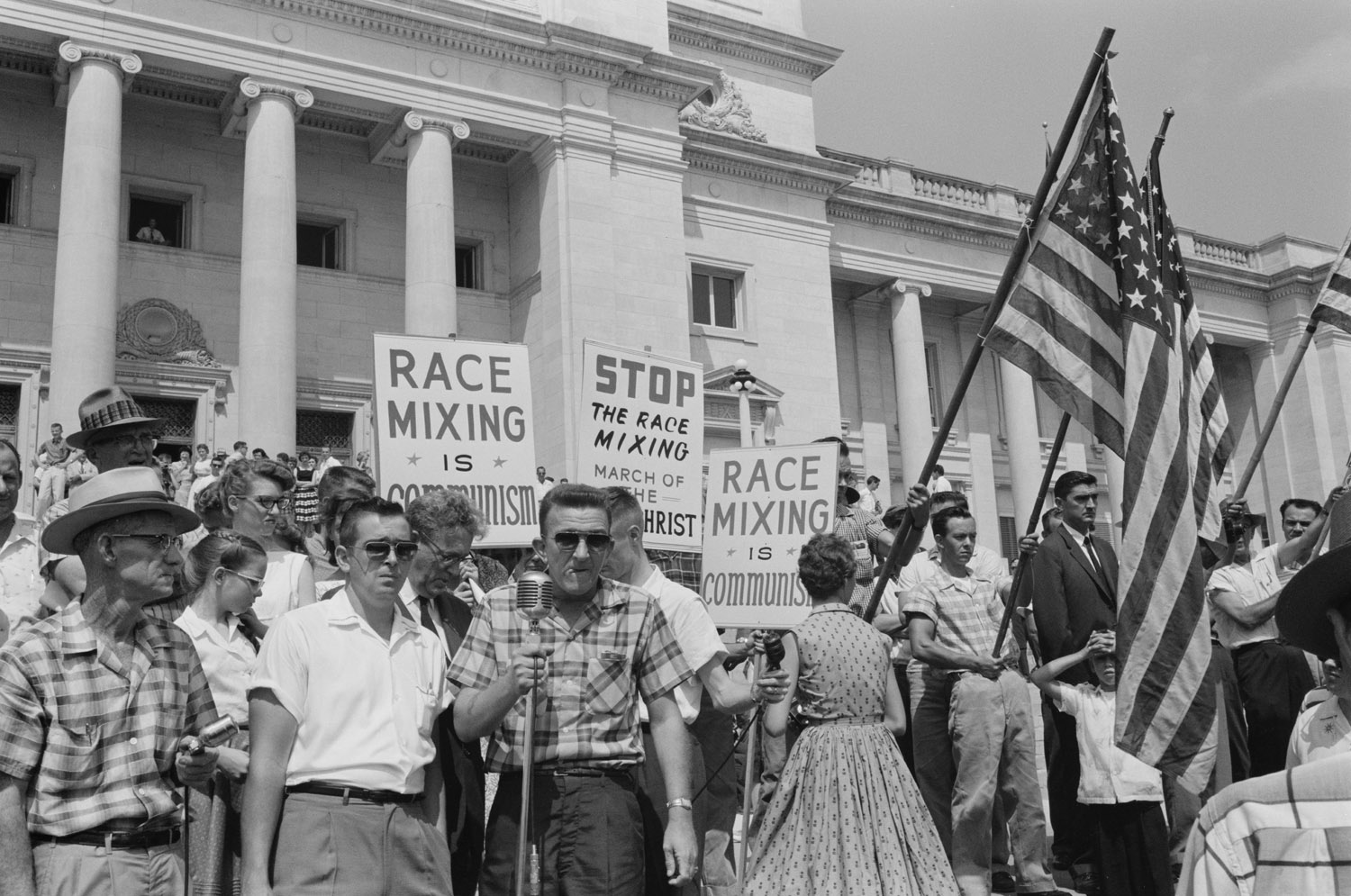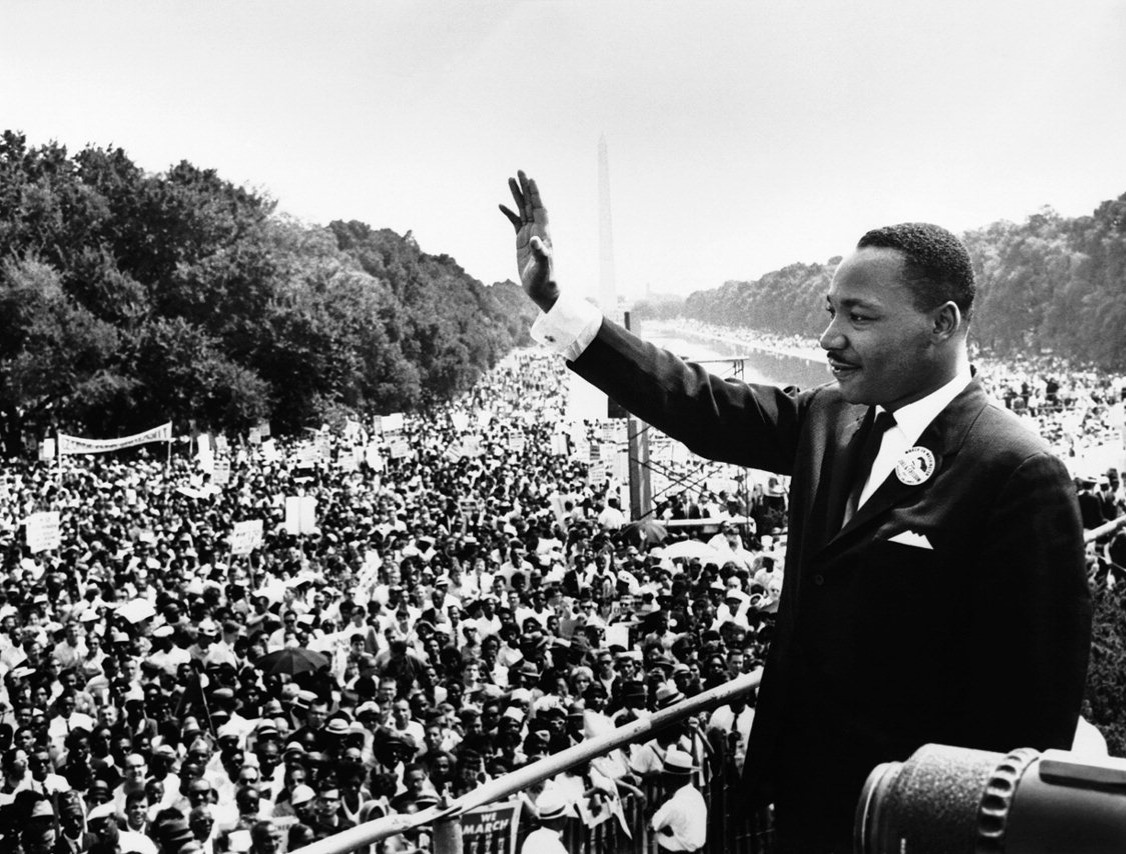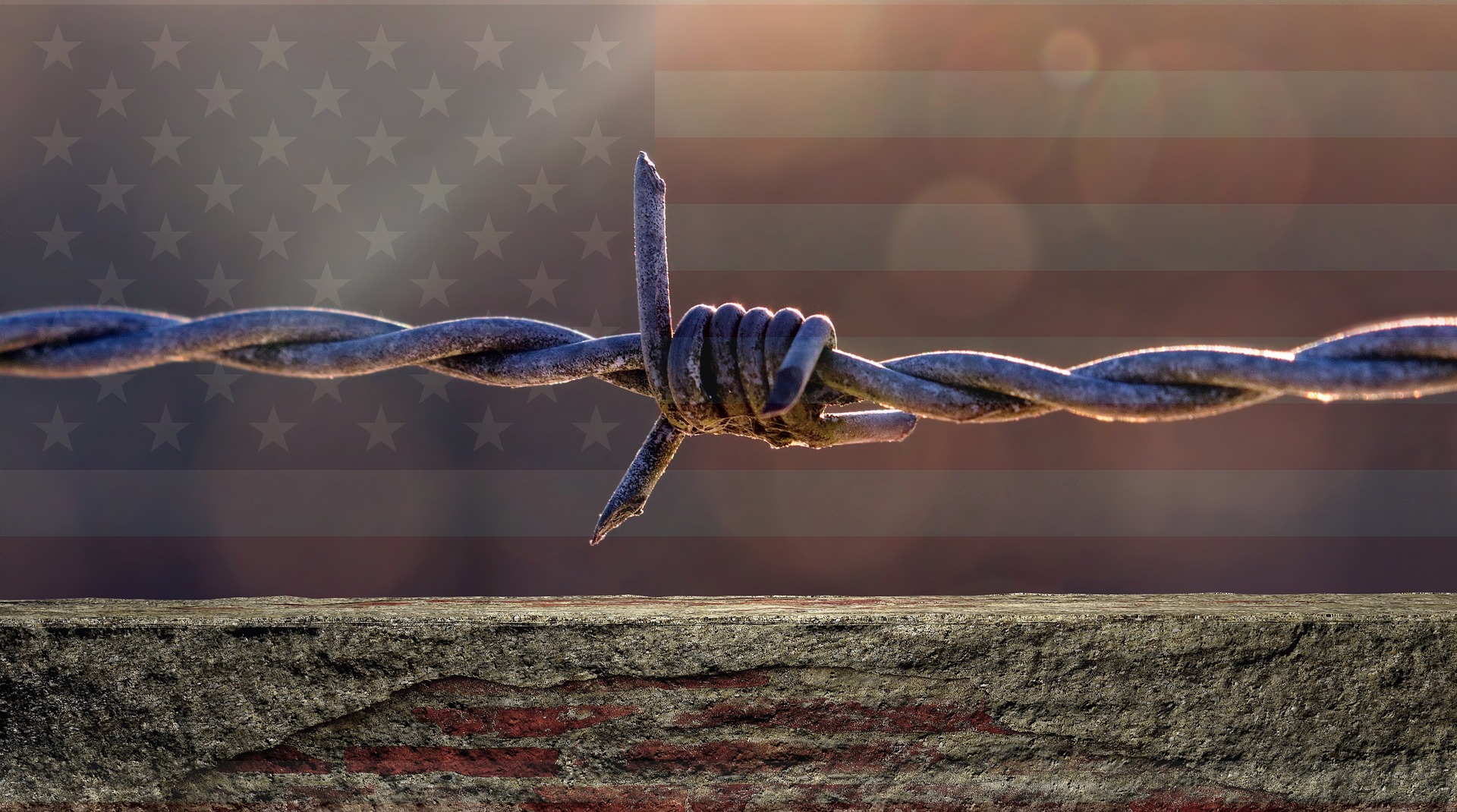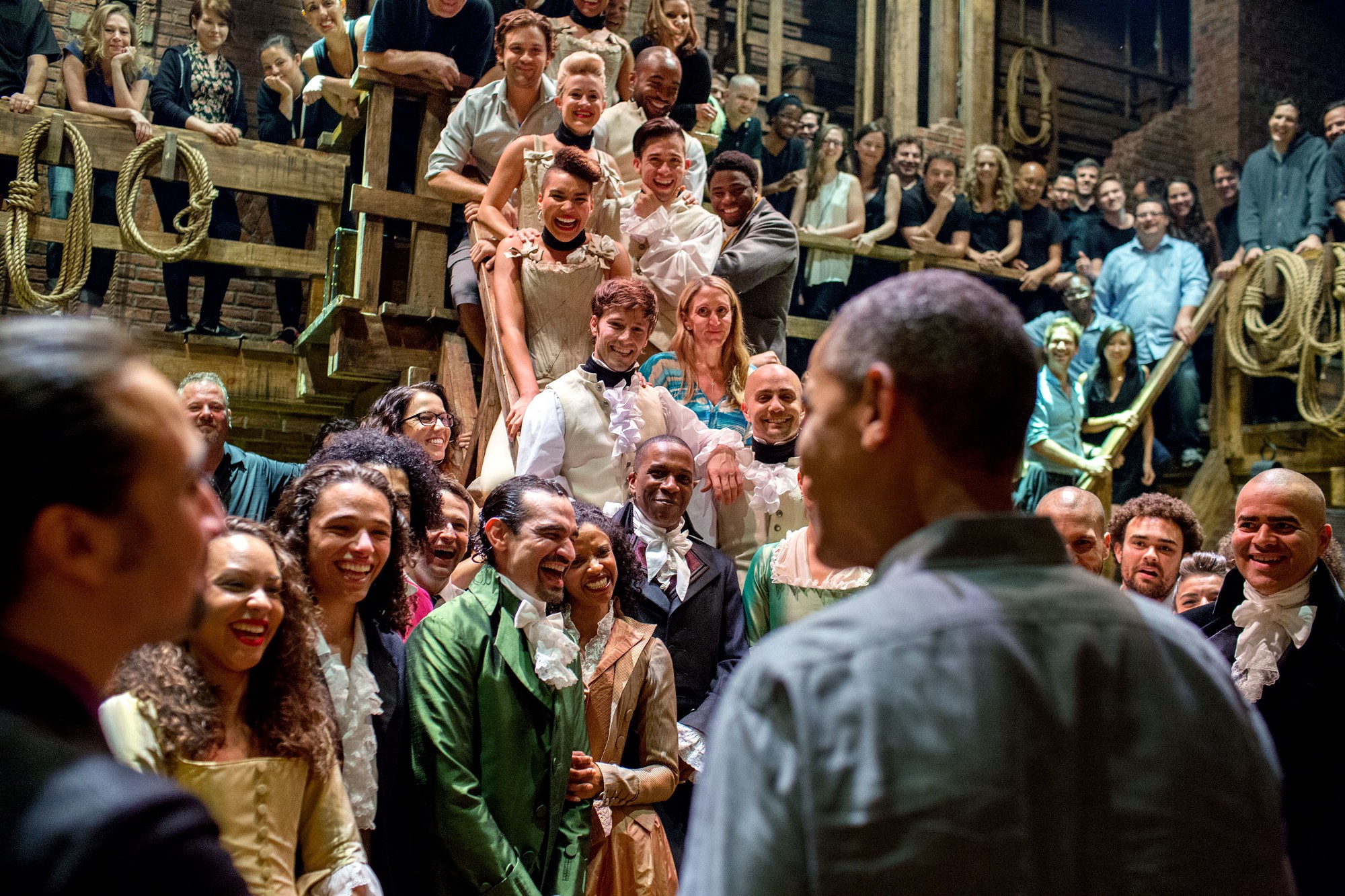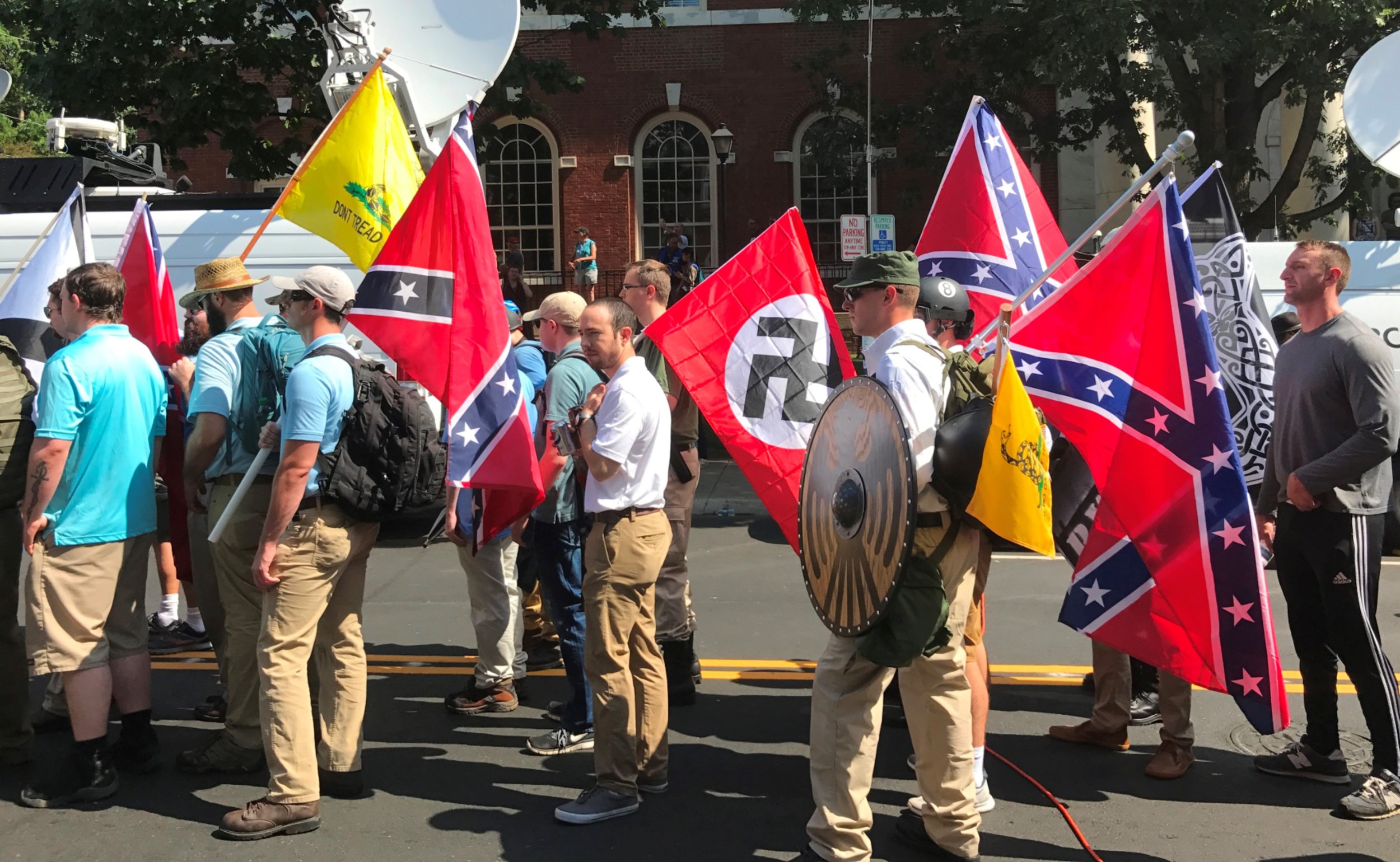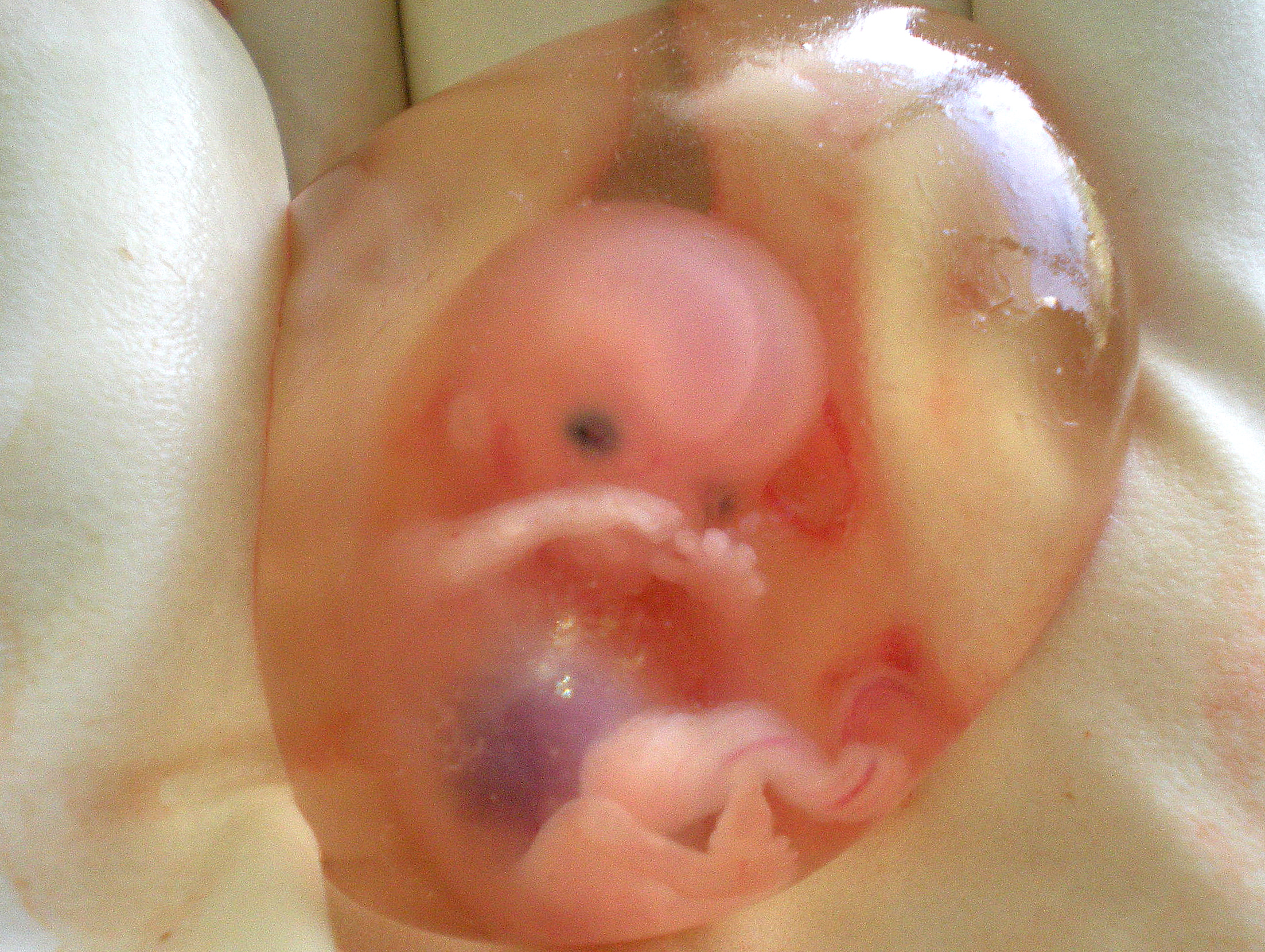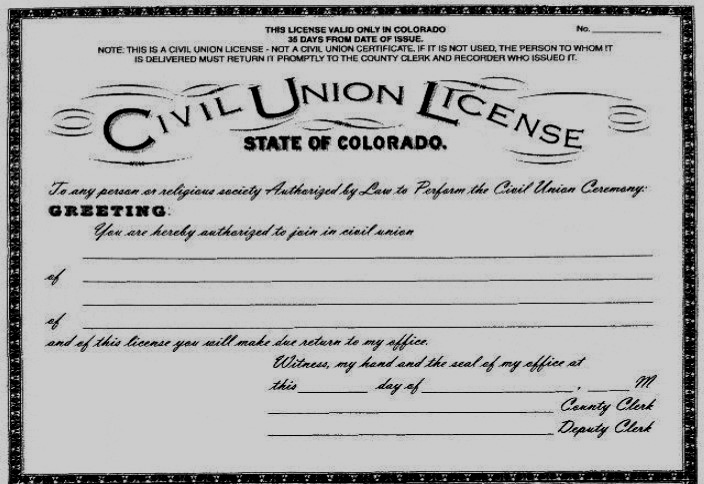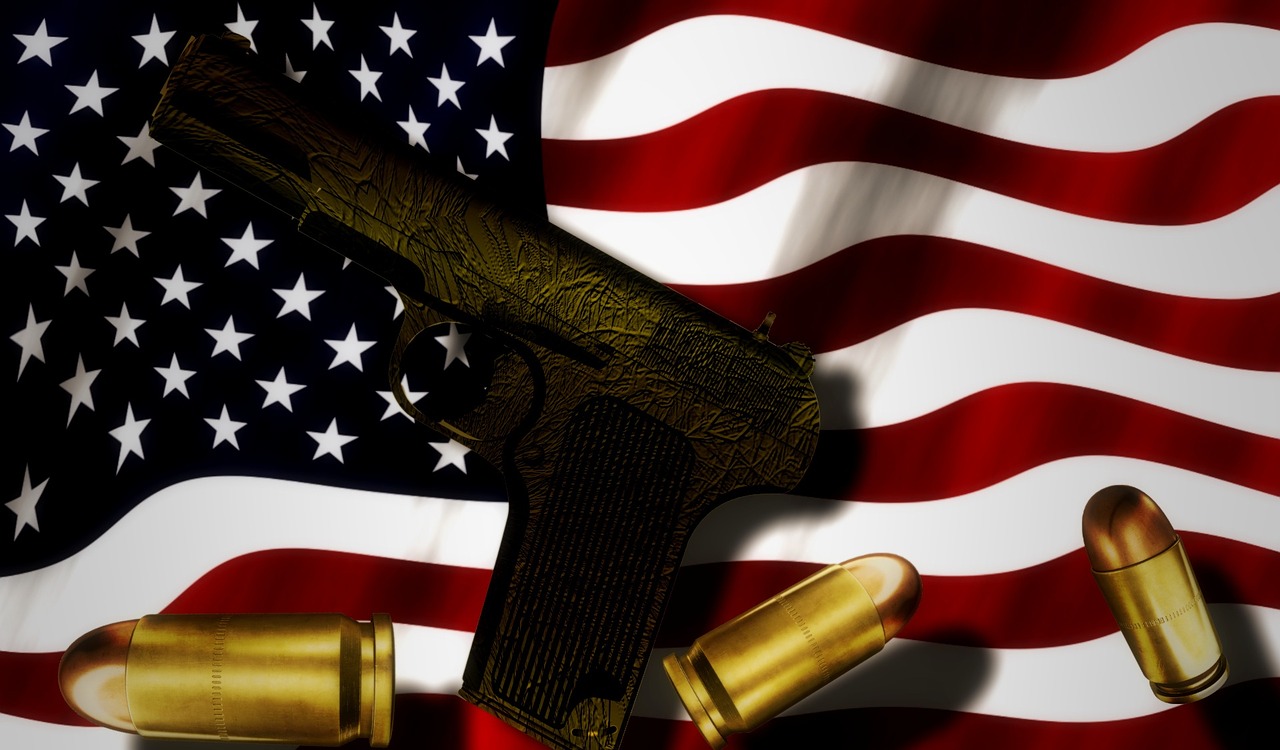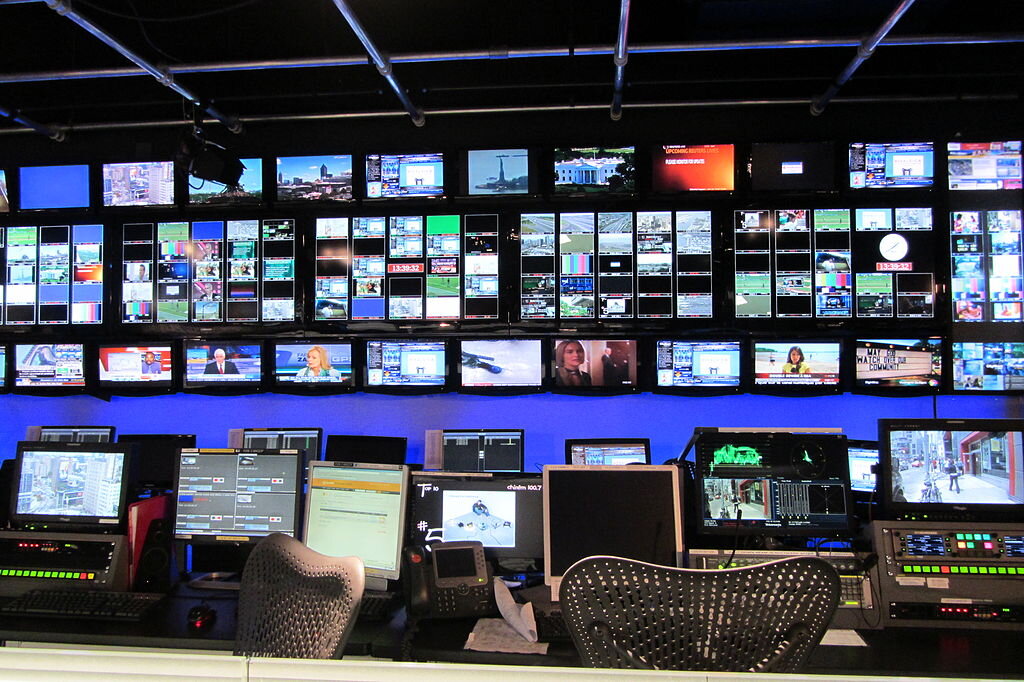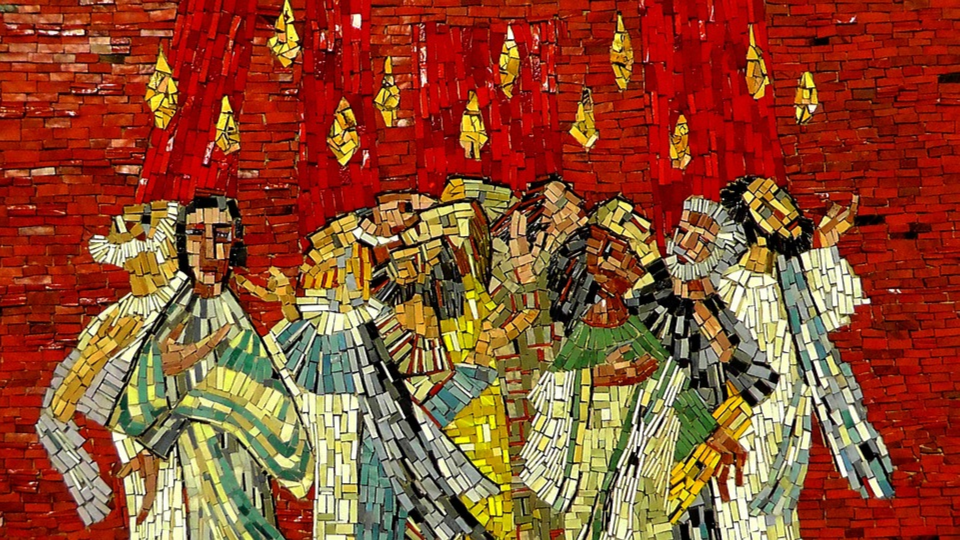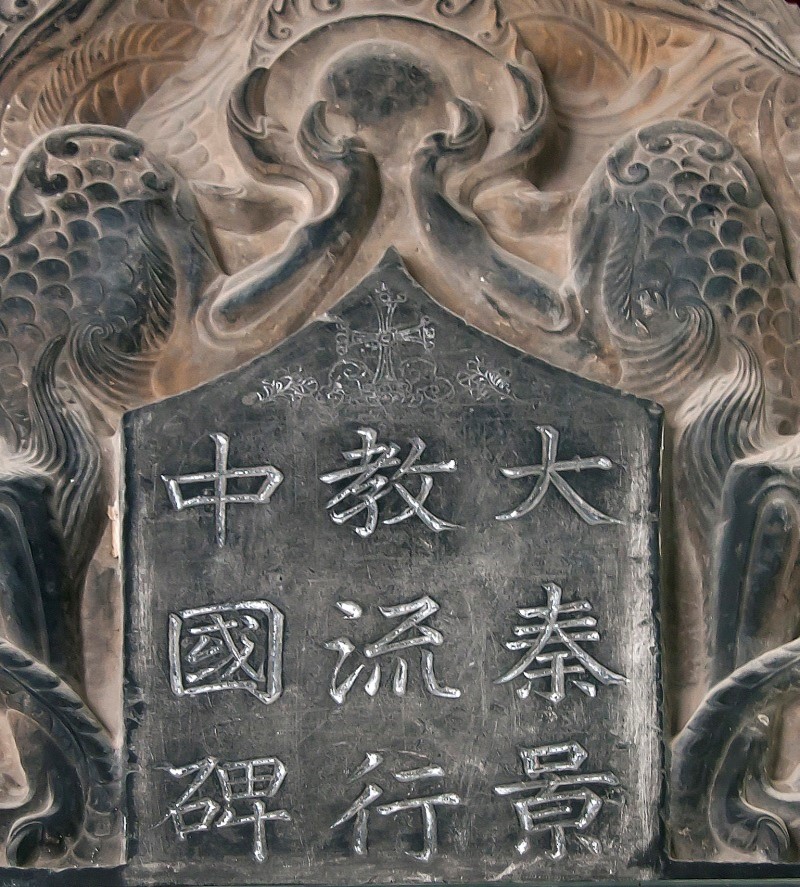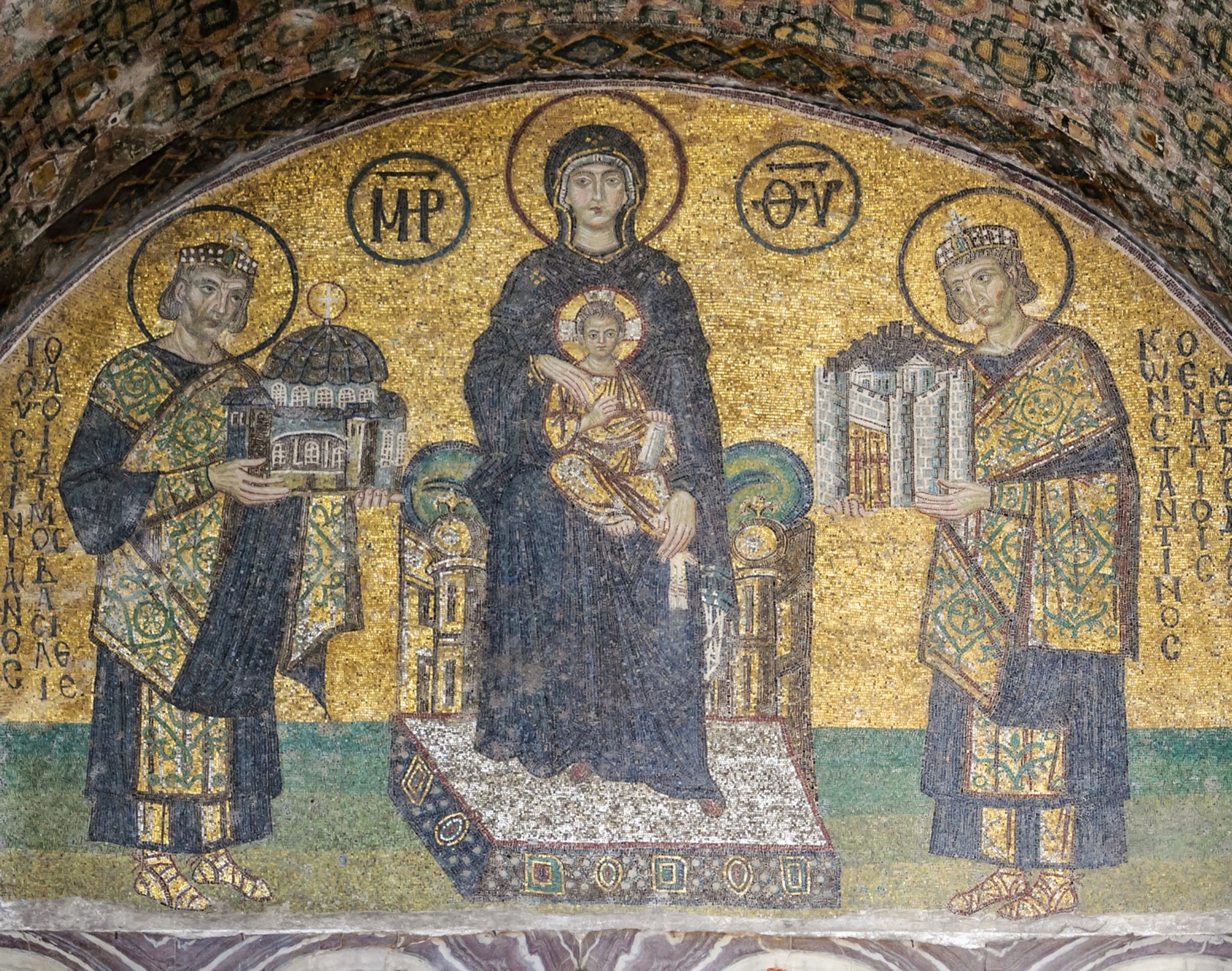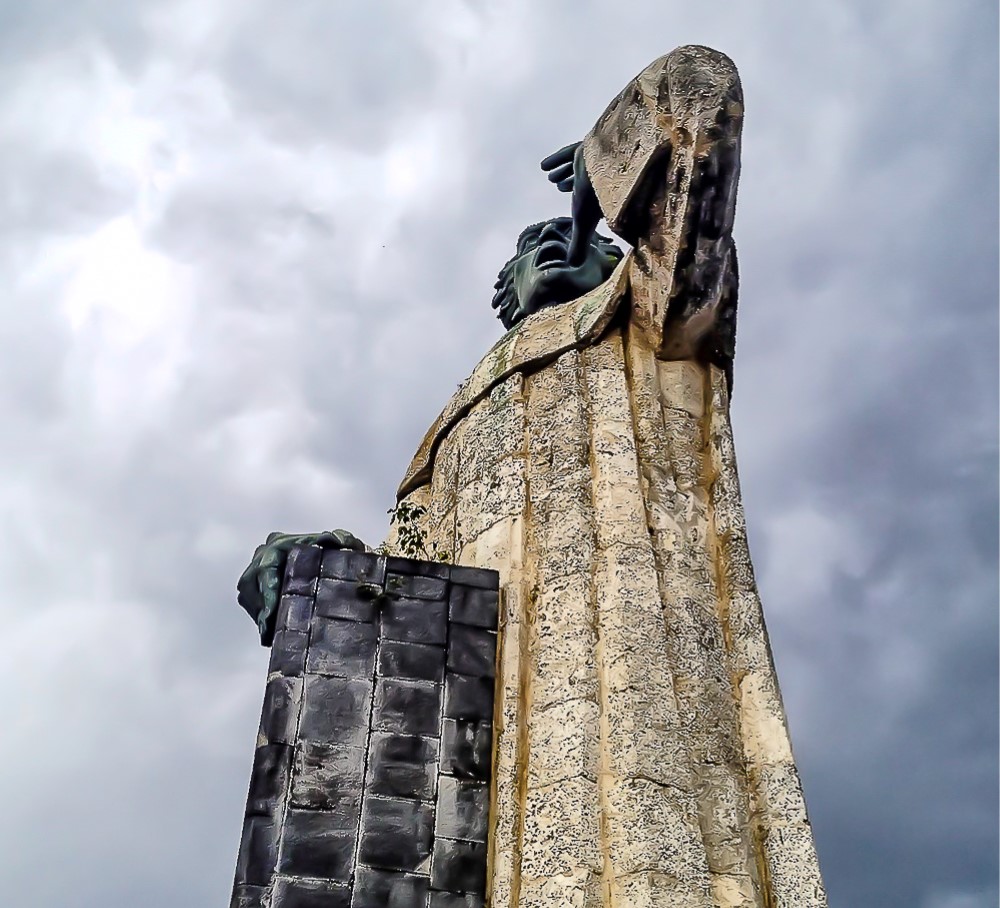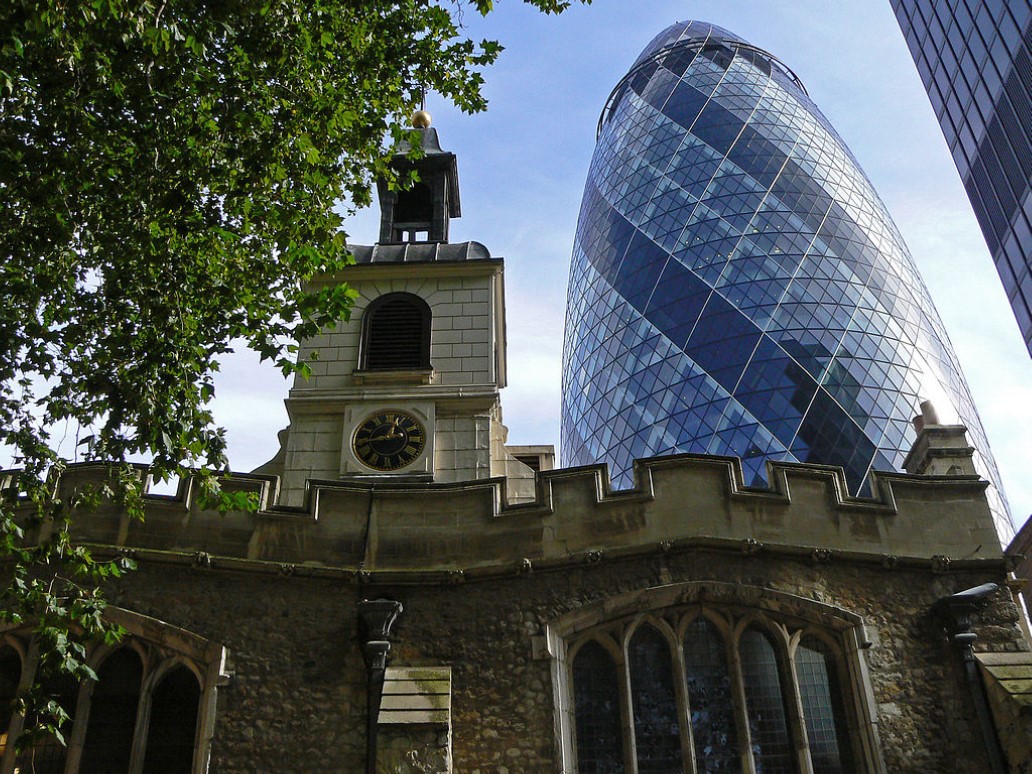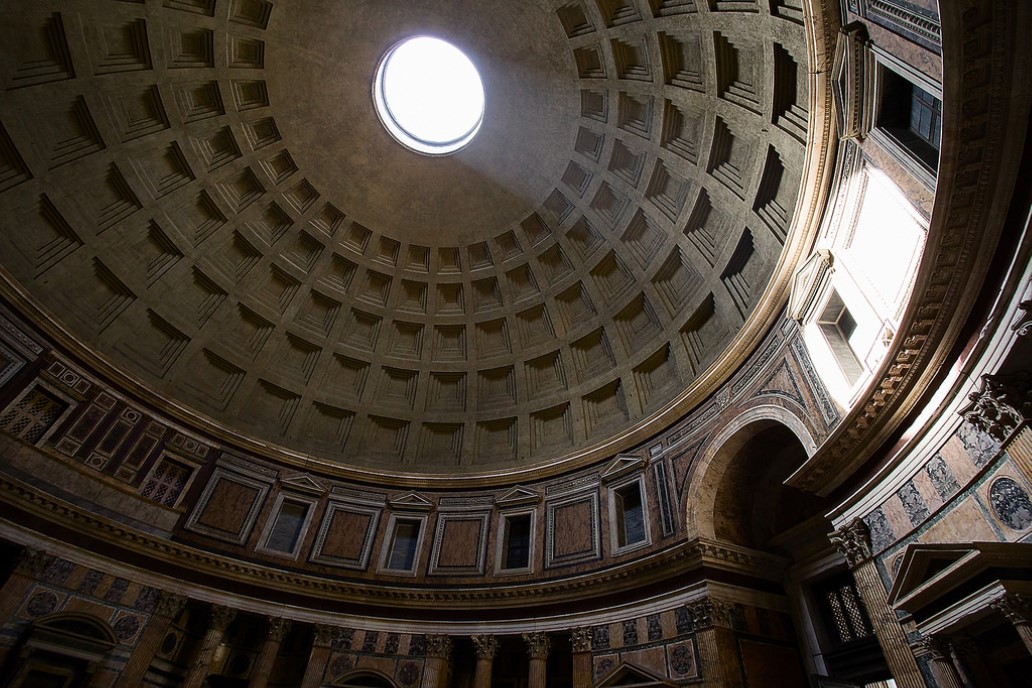Power
Race, U.S. Policies, and Politics
Photograph: Rev. Dr. Martin Luther King, Jr. giving his "I Have a Dream" speech at the March on Washington on August 28, 1963. Photo credit: Unknown | Public Domain, Wikimedia Commons.
Introduction
The following resources examine how race has played a major role in United States politics and policymaking.
Conversation Stations
These are the images used in artistic physical displays. They are survey questions and conversation starters that are topically and thematically organized. They demonstrate how Jesus is relevant to each topic or theme. You can also just view the images on your device. If you would like, see all our Conversation Stations; below are the ones that relate to the topic of Race.
Whose Justice? (and instructions and Christian Restorative Justice Study Guide)
Whose Justice? for Harvard Law School
Is a Good Friend Hard to Find? (and instructions and conversation tree)
What Can We Do About Evil? (and instructions and conversation tree) and smaller version and brochure version
Que Podemos Hacer Sobre La Maldad? for the Asociacion Dominicana de Estudiantes Evangelico, 2014
Does the Good Outweigh the Bad? (and instructions)
Race What's the Problem? (and instructions) and brochure version
Messages and Resources on Race and Politics
Determine Truth, Aug 28, 2025. Part 1. This is a 55 minute video. “Fascism: what does it really mean, and why should the followers of Jesus care? Are there indications that our democracy is being dismantled? Is the US heading towards Fascism? In this livestream, we sit down with Mako Nagasawa to explore the history, defining features, and dangers of fascism. This conversation is not about partisan attacks or personalities but about Christian faithfulness. What does it mean to love our neighbors—especially the vulnerable—when political movements threaten to exploit and harm them? Together, we’ll consider how the gospel calls us to resist fear, embrace truth, and bear witness to Christ’s kingdom in the face of fascist temptations.”
Determine Truth, Oct 16, 2025. Part 2 (please do watch Part 1). This is a 70 minute video. “In this conversation, we will look at the key elements of fascism and begin to examine if the present administration is leading us there and, if so, why it matters. This conversation is not about partisan attacks or personalities but about Christian faithfulness. What does it mean to love our neighbors—especially the vulnerable—when political movements threaten to exploit and harm them?”
Fascism, or the turning of democracy to authoritarianism, happened in the American South and West after the U.S. Civil War and Reconstruction. It was the result of White economic anxiety and a feeling of collective humiliation; they scapegoated Black Americans and Native Americans, as well as the North for violating “Southern states rights.” After World War I, Germany, Italy, and Japan also turned towards fascism for the same reasons, scapegoating people they then attacked
Mako argues that the oft-made comparison between Trump and Hitler is therefore not precise enough. We should not wait until six million people die in a political purges and concentration camps for the comparison to become accurate enough to levy. Trump and the MAGA base are a reversion to an earlier type: post-Reconstruction Jim Crow America. That is the mix of racial segregationist policies that the Nazis came to the U.S. in the 1930s to study. In fact, they decided that some American racial policies were actually too extreme for them. Here is the evidence that that era is what Trump and conservative think-tanks like the Heritage Foundation and the Manhattan Institute are aiming for.
Ideos Institute, Nov 14, 2024. At the 19:25 minute mark, Greg and Mako talk about the 2024 election. Mako talks about how Trump and Trump voters are drawn to the principle of retribution. Mako critiques this principle on theological grounds, and points out that White evangelicals, especially, are spiritually formed to exaggerate the principle of retribution and scapegoat people like immigrants, etc.
Mako Nagasawa, John Locke’s Theology of Private Property, edited by Grace Tien and Maria Eugenia Funes, Religion and Racial Capitalism. Palgrave MacMillan, 2025.
American libertarians and private property absolutists appeal to John Locke, remembered as an English political philosopher. Locke originally positioned himself, however, as a biblical scholar and theologian. As such, Locke departed from Christian tradition. I argue the relationship between Locke’s political philosophy and the Bible is that of a parasite and its host. Christian leaders prior to Locke believed that the earth is the Lord’s, the fruit of the earth belongs to all, and the political community could modify property in various ways because it was ethically and chronologically prior to private property. Locke, however, argued that individuals first create private property by enclosing land and laboring on it, then bring their private properties into political society, which was meant by God to defend individual property rights. He thereby defended both the English Revolution of 1688 and also English colonialism in the Americas.
Slides of a presentation given to the 2022 Reconstruction class. The introduction features John Winthrop vs. Roger Williams to highlight the debate over freedom of religious Conscience vs. Christendom. The presentation highlights Christian accomplishments in health and hospitals, education and schools, land ownership and economic justice, and criminal justice reform.
A series of blog posts where we explore how Christian (mostly Protestant) heresies started and continue to influence our modern political and racial challenges. This includes the very notion of race itself, and how our modern economics, housing, schooling, and policing systems have been shaped. Christians must take responsibility for these heresies in the framework of repentance. We have designed a study guide to accompany the blog posts. Please consider using it for personal reflection or discussion in your family, church, organization, etc.
Today’s Christian pro-life movement has misplaced its priorities. The issue of abortion is more complex than the movement often appreciates. For a start, Scripture is less clear about the moral weight of the fetus than we often think. In fact, early Christians took different positions on abortion because they also relied on different scientific sources about the unborn. Furthermore, Christian conservatives today do not acknowledge that in American history, as today, Christian stances on abortion were motivated by other political fears: White Protestant Americans developed different state laws on abortion to accomplish anti-immigrant goals in the North, but anti-black racism in the South. That messiness impacts U.S. constitutional law, including Roe v. Wade. Meanwhile, Scripture commissions God’s people to confront socio-economic factors that push abortion rates higher: male privilege and the disempowerment of women; the high cost of childraising; the causes of birth defects; the desire to care narrowly for just “my children”; mistaken views about contraception and the “culture wars”; and most of all, poverty. The Study and Action Guide to Abortion Policy distills Mako’s book down to three sessions, with some readings and videos.
Atonement, Justice, and Scapegoating
These blog posts relate to both the topic of atonement and the topic of desire because, like fallen Adam in the garden, we desire to deflect blame, and therefore we scapegoat others. On the political level, this builds group cohesion and creates a social outsider, who is blamed for the group’s woes, who the group must exile or kill or marginalize in order to maintain a hopeful lie. This series explores what political scapegoating has looked like in the U.S.
Slavery in the New England Colonies: Key Moments and Motivations. An outline (8 pages) of early events in the English Puritan colonization of New England. The outline draws on historical research to show how the Pequot War of 1637 - 38 was motivated, in large part, by financial reasons: The Puritans of Mass Bay Colony needed cheap labor, as the seven year contracts of English indentured servants were expiring, and the seven year monopoly on trade with Old England was expiring as well. New England then participated in the Triangular Trade, transporting enslaved Pequots and bringing back enslaved Africans. This outline focuses on stated motivations by the English settlers and slave traders involved. They drew on biblical language and categories but utterly betrayed Christian faith.
White American Evangelical Political Attitudes and Behavior: Explanation and Correctives
White American evangelical political attitudes can be characterized by the debate between John Winthrop and Roger Williams, and their respective attitudes towards Native Americans, slavery, fairness, and faith in civic space. This is a presentation also explores Scripture and church history to argue that Roger Williams was correct. Given to the staff of Emmanuel Gospel Center, Apr 18, 2018, as a follow-up to how Christian restorative justice impacts ministry; audio file here
The Role of Jesus in Revolution and the Pursuit of Justice
This is an evangelistic message that highlights the Christian-led and Christian-influenced non-violent resistance movements throughout the world in the 20th century. They show the connections and spiritual vitality of Christian faith under empire or empire-like oppression.




